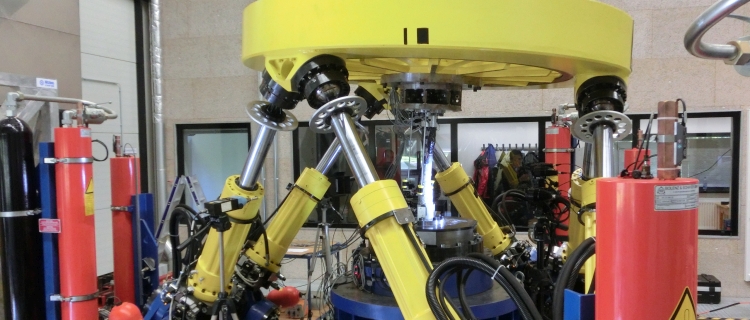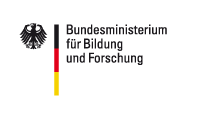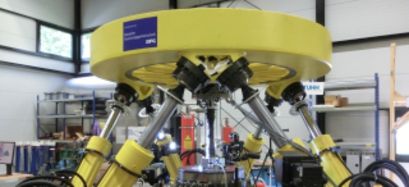Project objective
The aim of the project was to establish a close co-operation between the partners in the field of structural analyses of fiber-plastic composites (FPC). The Institute for Product Development and Mechanical Engineering Design (PKT Institute) at the Hamburg University of Technology (TUHH) conducts research on the structural analysis of FPC used in aircraft cabins. The NUS is investigating the use of FPC in the field of oil extraction from the deep sea. For both research topics, the aim of the cooperation is to develop meaningful numerical models for the prediction of component failure under multidimensional loads. Thus, operating conditions can be modeled more realistically in order to increase predictive accuracy. For validation, complex multi-axle tests, which are possible with the multiaxial hexapod test facility at TUHH, are necessary.
Funding announcement
Förderung der Wissenschaftlich-Technologischen
Zusammenarbeit mit Singapur
(1°N-Programm)
Partner region / country
Singapore
Life span
1 October 2012 – 30 September 2015
Partner institutions
Hamburg University of Technology (TUHH)
Institute for Product Development and Mechanical Engineering Design (PKT)
National University of Singapore (NUS)
Dept. of Mechanical Engineering
Use of results
The structural analysis of FPC is used for the development of aircraft cabin interiors. Hamburg is a world-wide centre for the development of aircraft cabins, and the PKT Institute has been cooperating with companies from this sector for many years. With regard to the extraction of oil from the deep sea, the trend towards the exploitation of ever deeper deposit levels has led to a demand for novel lighter standpipes, which are now also to be constructed from FPC. The use of prediction models that take into account multi-dimensional loads in both cases leads to the reduction of development costs and allows for further weight savings.
Added value of international cooperation
Through the cooperation of the partners, the TUHH's experience in multi-axle load tests was combined with the expertise of the NUS in the area of failure and damage behavior of FPC. In particular, the unique Hexapod test rig at the TUHH facilitates the analysis of large structures under multi-axial loads to create stress scenarios that are as realistic as poosible.
Outstanding results and achievements of the project
The implementation of multi-axle load tests on standpipes made from FPC is unique and represents a considerable extension of the state of science. The results were presented to the scientific world in joint lectures and have been published in a journal article. They can serve as a guide for future experiments. Furthermore, failure models were integrated into virtual test models for the connecting elements of sandwich structures. This has paved the way for future development in the industrial context. A dissertation in this field will be published in 2017. Beyond the scope of the project itself, a large number of students were able to participate in the student exchange between TUHH and NUS.

Hexapod test rig at Hamburg University of Technology (TUHH) © Jan Oltmann
DLR Project Management Agency | European and International Cooperation
Jans-Jörg Stähle
Tel.: +49 228 3821 1403
Hamburg University of Technology (TUHH) | Institute for Product Development and Mechanical Engineering Design
Prof. Dr.-Ing. Dieter Krause
Tel.: +49 40 428 78 32 31










